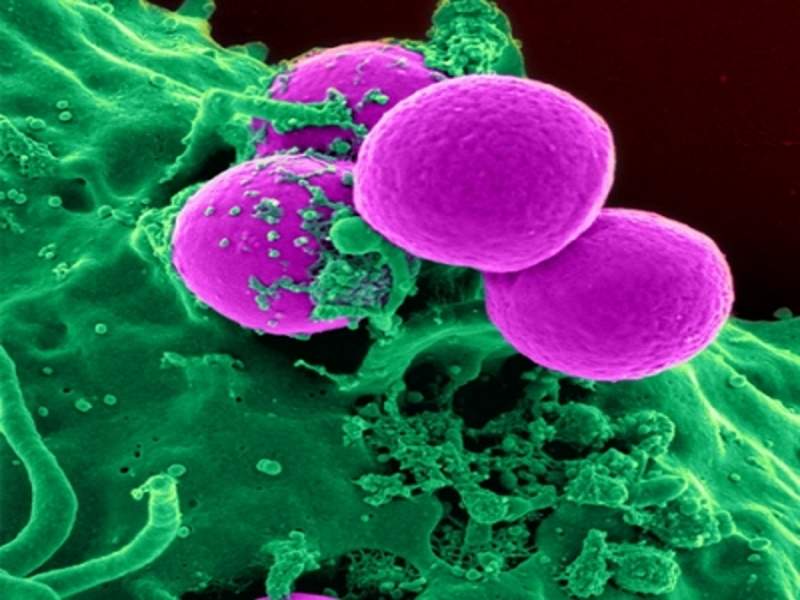
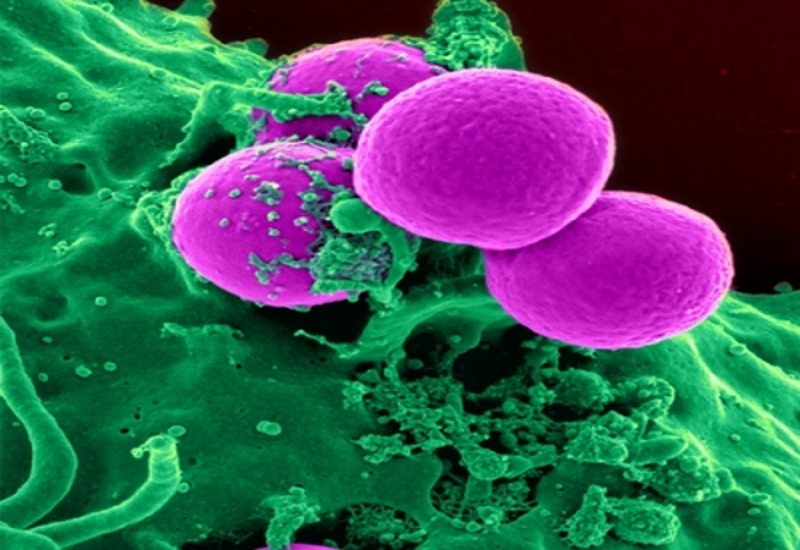
Wellcome recommended clinical trial network for efficient and cheap drug development
UK-based biomedical research charity the Wellcome Trust released a report suggesting creation of a clinical trial network to facilitate a cheap and efficient way of developing drugs for drug-resistant infections.

Discover B2B Marketing That Performs
Combine business intelligence and editorial excellence to reach engaged professionals across 36 leading media platforms.
The network will address challenges faced during conducting researches to develop new antibiotics such as finding and involving 50 to 300 hospitals for every clinical trial.
Wellcome director Jeremy Farrar said: "We are entering a post-antibiotic era. Hundreds of thousands of people die every year from drug-resistant infections, and numbers are increasing at an alarming rate.
Eli Lilly and Company’s Phase III EXPEDITION3 trial of solanezumab failed to meet primary endpoint
Eli Lilly and Company reported that its Phase III EXPEDITION3 clinical trial of solanezumab failed to meet its primary endpoint in treating people with mild dementia due to Alzheimer's disease (AD).
Lilly's solanezumab is a phase III, humanised monoclonal IgG1 antibody developed against the mid-domain of the Aβ peptide.

US Tariffs are shifting - will you react or anticipate?
Don’t let policy changes catch you off guard. Stay proactive with real-time data and expert analysis.
By GlobalDataThe multinational, phase III EXPEDITION3 trial examined more than 2,100 patients diagnosed with mild dementia due to Alzheimer's disease.
NIAID planned to begin HVTN 702 study of new HIV vaccine regimen in South Africa
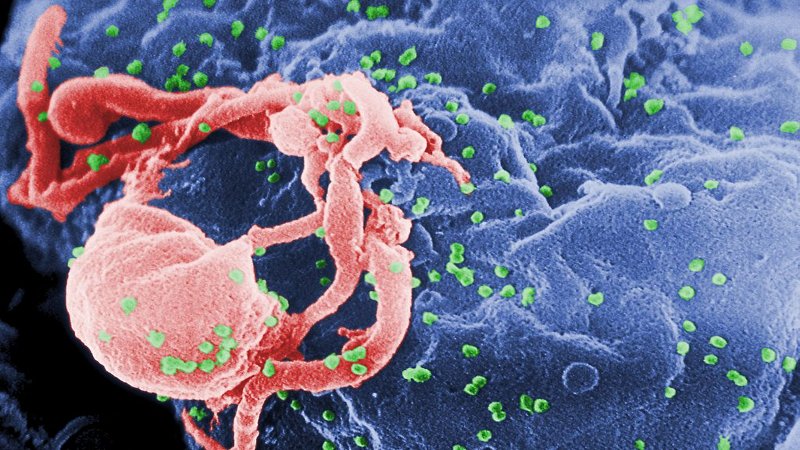
The National Institute of Allergy and Infectious Diseases (NIAID) planned to initiate a new research study, HVTN 702, of a new HIV vaccine in South Africa.
The vaccine regimen will test two experimental vaccines, a canarypox vector-based vaccine known as ALVAC-HIV and a two-component gp120 protein sub-unit vaccine with an adjuvant to improve the body’s immune response to the vaccine.
The vaccines are free from HIV and are therefore safe to be administered to the study subjects.
Juno Therapeutics halted Phase III ROCKET trial of JCAR015 to treat leukaemia
US-based biopharmaceutical company Juno Therapeutics halted its Phase III ROCKET trial of JCAR015 to treat adult patients with relapsed or refractory B-cell acute lymphoblastic leukaemia.
JCAR015 is based on Juno’s CAR and T-cell receptor (TCR) technologies and is an investigational CD19-targeted chimeric antigen receptor (CAR) modified T-cell product.
The Rocket trial was being conducted as a single-arm, multicentre study to analyse the safety and efficacy of JCAR015 in Adult Subjects with relapsed or refractory B-cell acute lymphoblastic leukaemia.
MindMetre report advocated prioritisation and better funding of pathology services
UK-based consumer and business analyst MindMetre released a new report highlighting return-on-investment from pathology services in the National Health Service (NHS) and advocating against consolidation of pathology laboratories.
The report was carried out in response to NHS pathology review panel chairman Patrick Robert Carter’s latest report titled: 'Operational productivity and performance in English NHS acute hospitals: Unwarranted variations'.
Taking into account views of 30 laboratory managers and principal biochemists in England and Wales, the review suggested that the immediate effects of pathology service capacity and its productivity are more considerable than service funding would suggest.
Washington University School of Medicine in St. Louis set to begin clinical trial of dantrolene to treat Wolfram syndrome
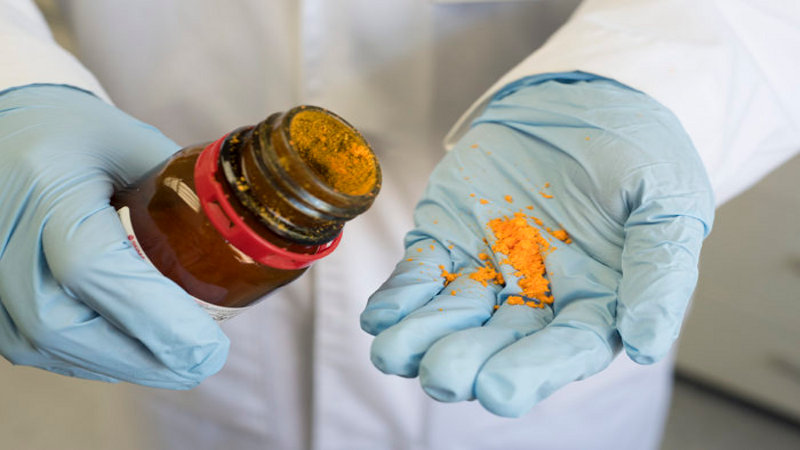
The Washington University School of Medicine in St. Louis is set to begin a new clinical trial of the drug known as dantrolene to treat patients with Wolfram syndrome.
Wolfram syndrome is a genetic disorder whereby a patient develops diabetes at a premature age and requires insulin injections every day. The disease also results in hearing loss, vision problems and difficulty with balance.
Dantrolene is a muscle relaxant that works by restoring a normal level of calcium in the muscles, thereby reducing a rise in body temperature. It is indicated to treat cerebral palsy, multiple sclerosis and muscle spasticity.
WRAIR initiated clinical trial of Zika vaccine in humans
The Walter Reed Army Institute of Research (WRAIR) Clinical Trial Center, part of the US Department of Defense (DoD) initiated the first of the five early stage clinical trials of the Zika Purified Inactivated Virus (ZPIV) vaccine to generate an immune system response.
Co-funded by the National Institute of Allergy and Infectious Diseases (NIAID), part of the National Institutes of Health (NIH), the trial is planning to include 75 people aged 18 to 49 with no prior flavivirus infection.
The subjects will be randomised into three groups, where the first group of 25 participants will receive two intramuscular injections of the ZPIV test vaccine or a placebo (saline) 28 days apart, and the other two groups with 25 participants each will receive a two-dose regimen of a Japanese encephalitis virus vaccine or one dose of a yellow fever vaccine before the two-dose ZPIV vaccine regimen.
Sanofi Genzyme began Phase III COMET clinical trial of neoGAA to treat Pompe disease in UK
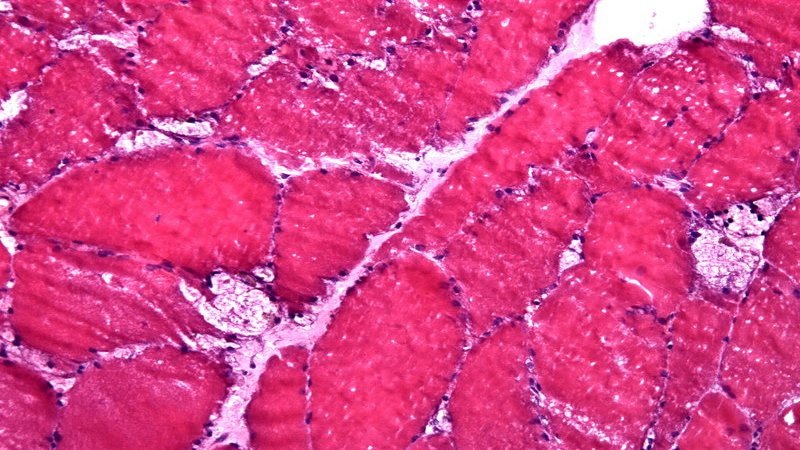
Sanofi Genzyme began enrolment and dosed the first UK patient for its pivotal Phase III COMET clinical trial of neoGAA to treat Pompe disease.
NeoGAA is an investigational, second-generation, alglucosidase alfa enzyme replacement therapy designed for enhanced receptor targeting and enzyme uptake with greater affinity for the M6P receptors on muscle cells.
It is aimed at improving glycogen clearance and improving on the clinical efficacy achieved with alglucosidase alfa.
Bristol-Myers Squibb and Infinity planned collaboration to test Opdivo and IPI-549 combination
Bristol-Myers Squibb Company (BMY) and Infinity Pharmaceuticals planned a collaboration to conduct a clinical study of Bristol-Myers Squibb’s Opdivo in combination with Infinity’s IPI-549 to treat advanced solid tumours.
The dose-escalation portion exploring IPI-549 as a monotherapy in Infinity’s Phase 1 study is proceeding, while the first dose-escalation cohort studying IPI-549 in combination with Opdivo, a PD-1 immune checkpoint inhibitor, is expected to commence.
IPI-549 is an oral immuno-oncology development candidate designed to selectively inhibit phosphoinositide-3-kinase (PI3K)-gamma, and is the only investigational PI3K-gamma inhibitor in clinical development.
Bayer announced Phase III CHICO study of Nifurtimox to treat Chagas disease

Bayer announced a Phase III CHICO study of Nifurtimox to treat children of all age groups with Chagas disease.
Nifurtimox is a newly developed medicine by Bayer and is enlisted as one of the 'Essential Medicines' by the World Health Organisation for both adults and children.
Chagas is an infectious disease caused by single-cell parasites (trypanosoma), which spreads through the faeces / urine of kissing bugs or triatomines.





